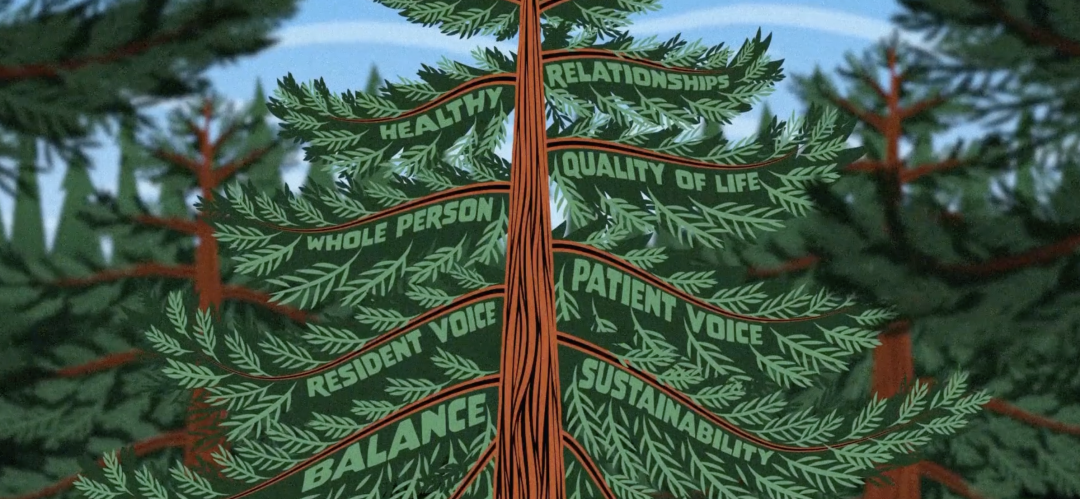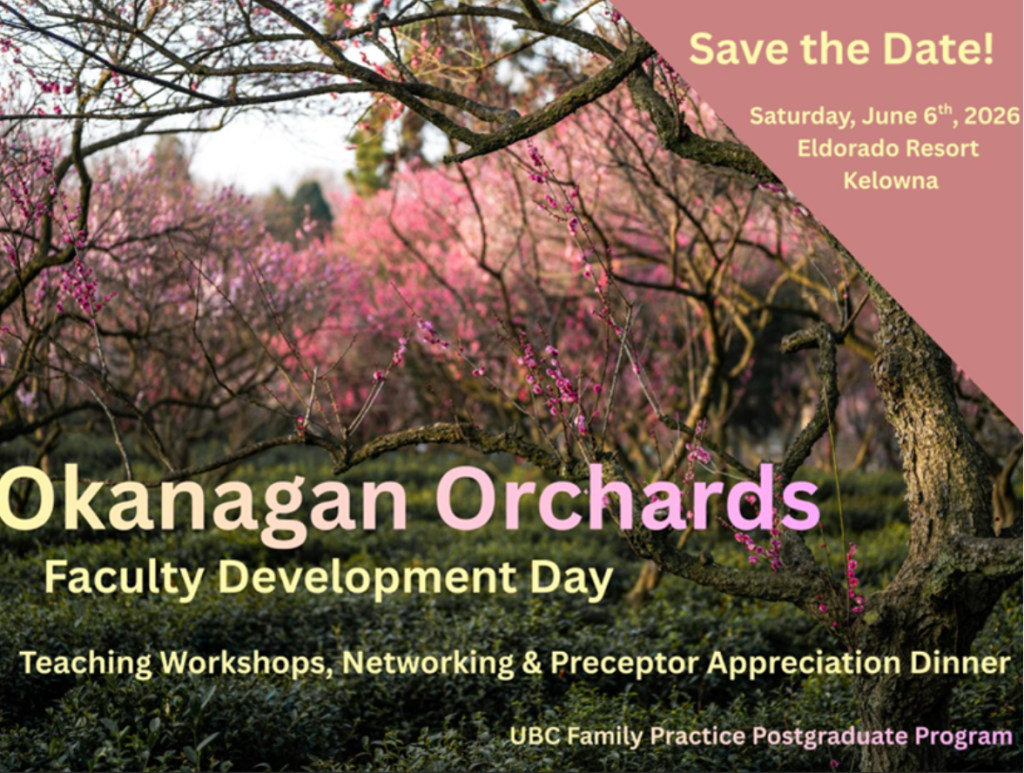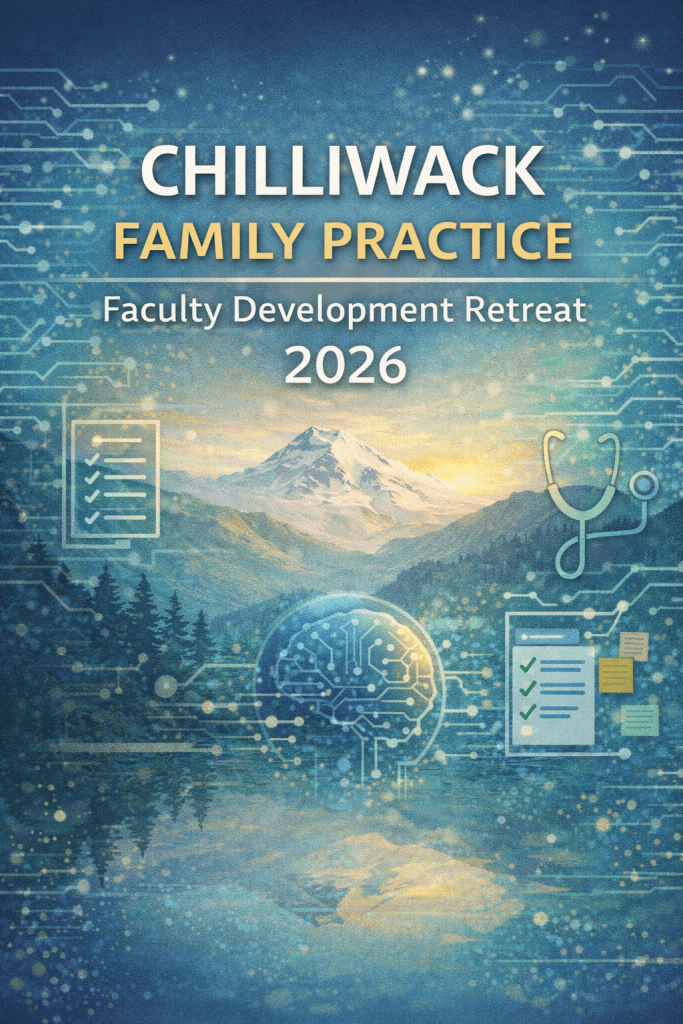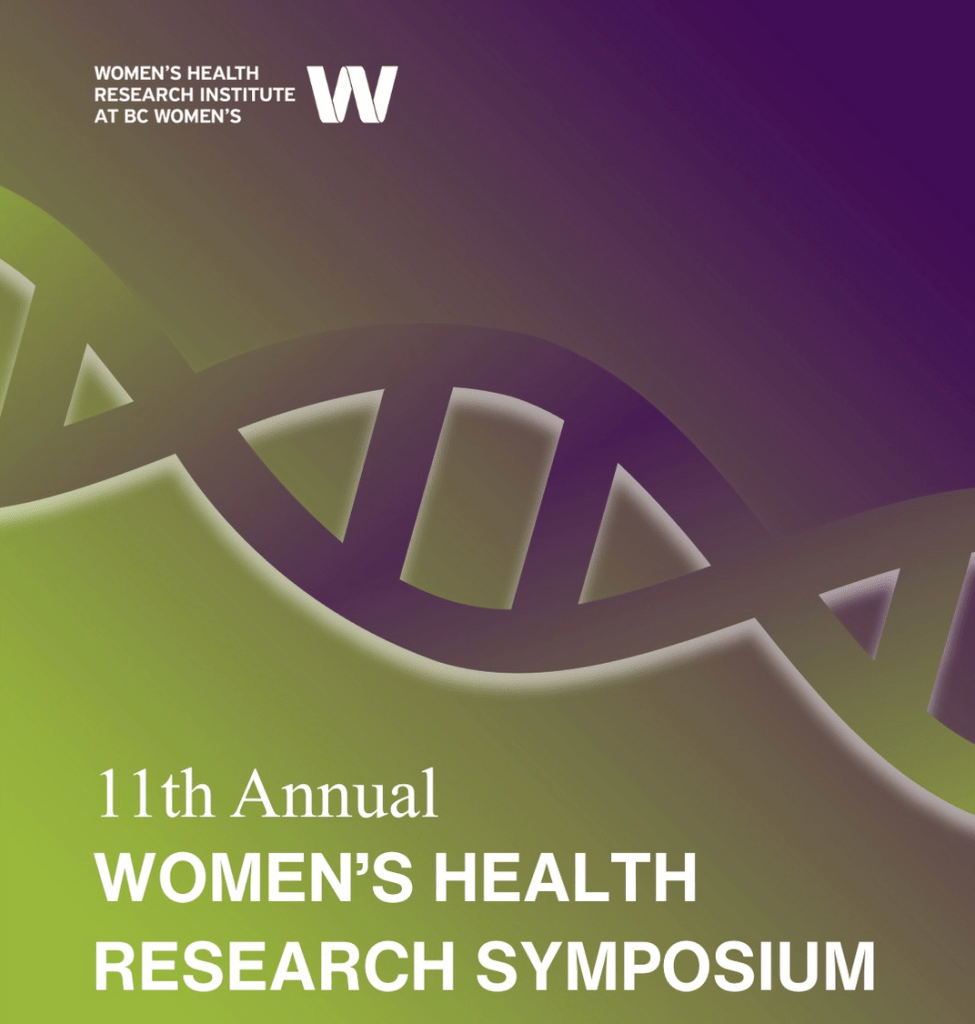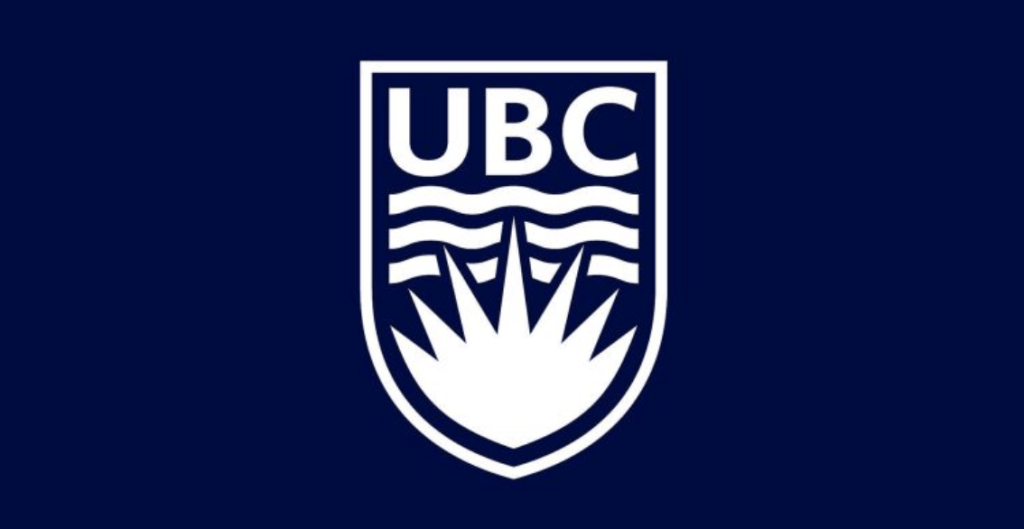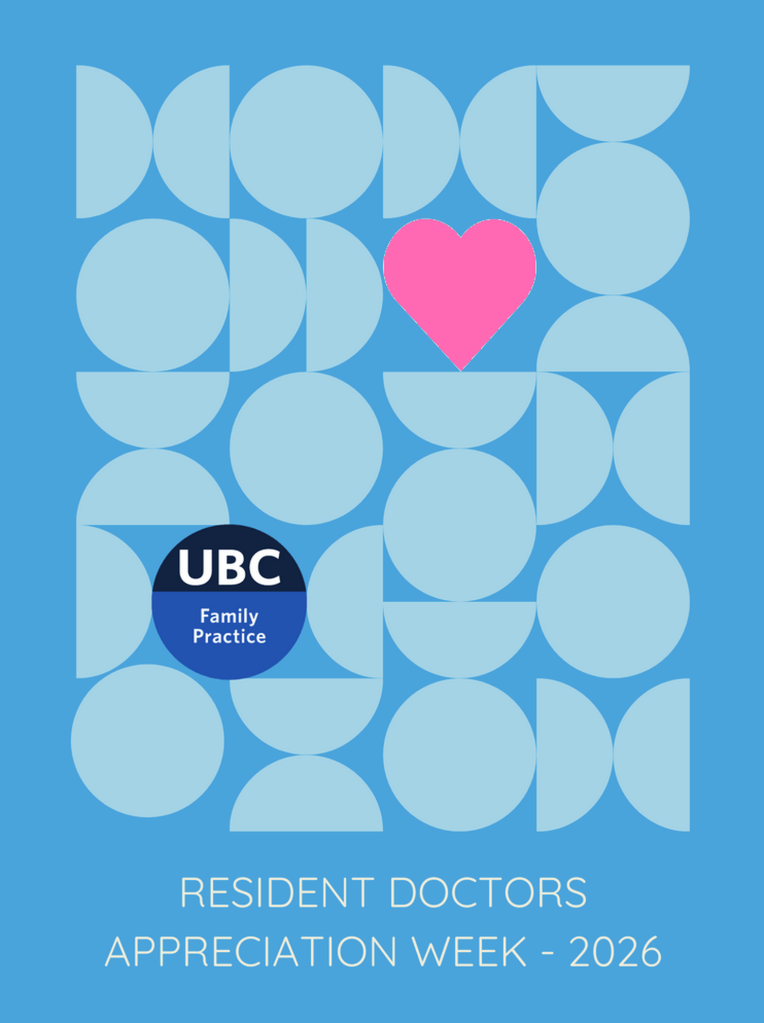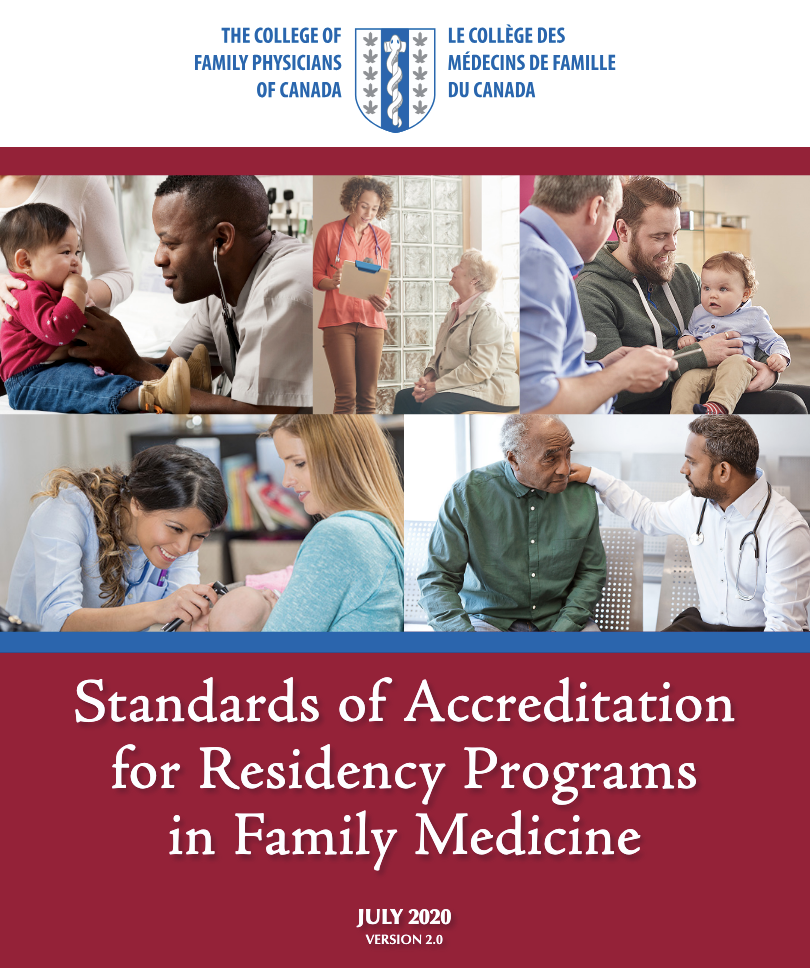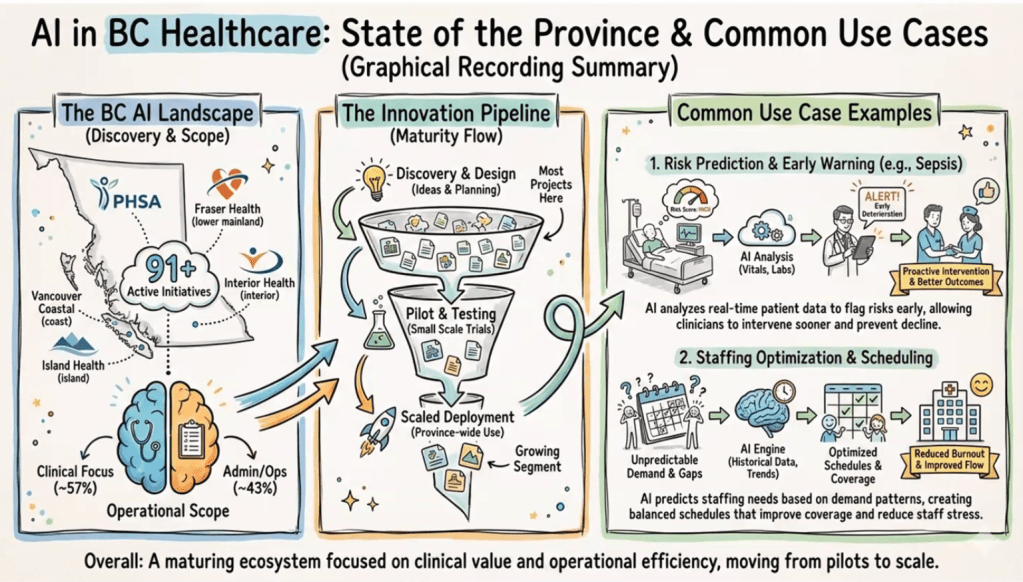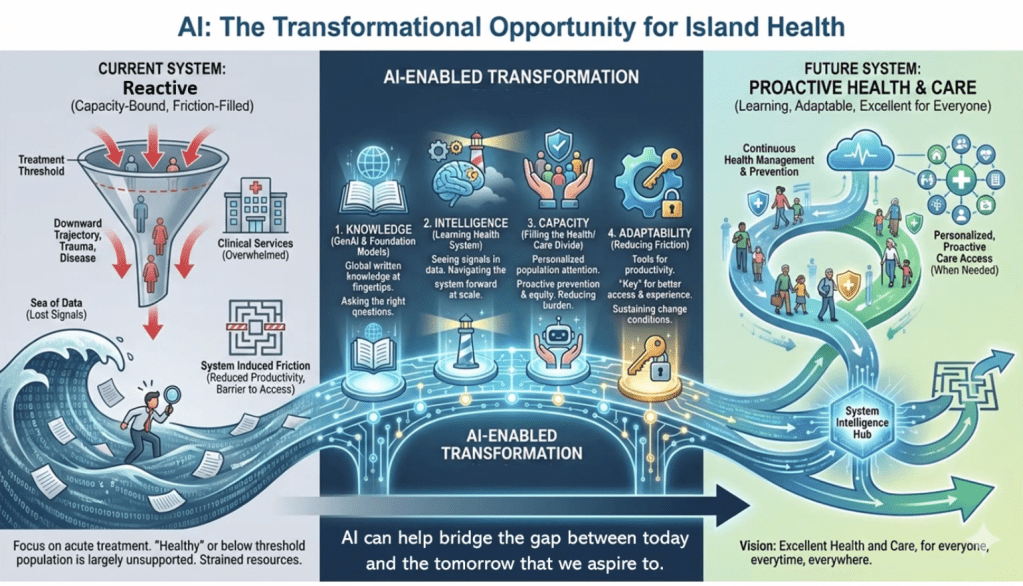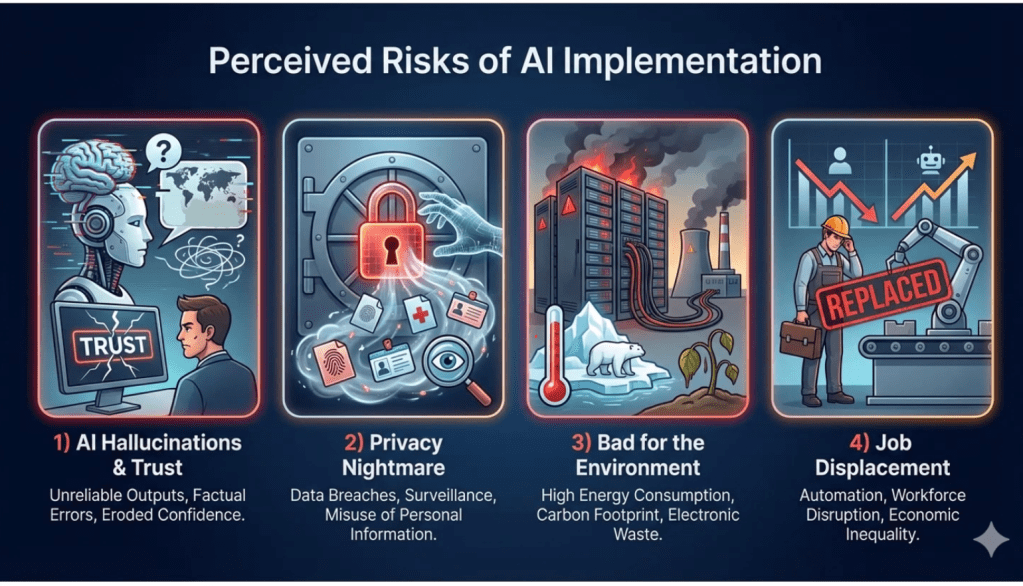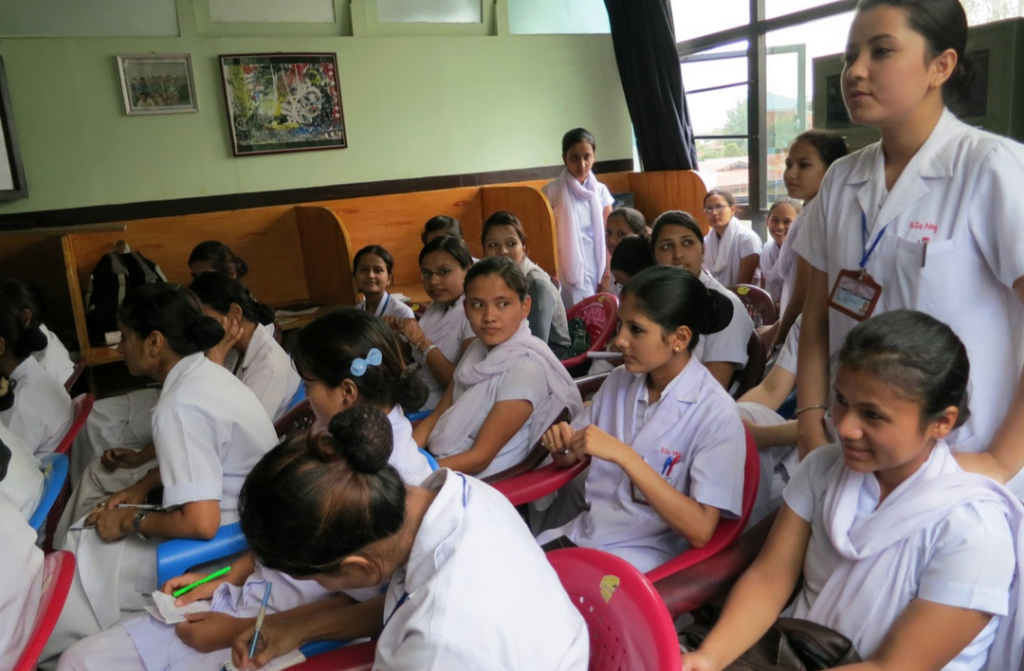
Hello Simulation Community! I’m sharing the request below on behalf of Respiratory Therapists Without Borders, a volunteer-run Canadian charity currently supporting a 200-bed mission hospital in rural Nepal.
The organization is primarily seeking simulation-related supplies and equipment to help strengthen local healthcare education and build simulation capacity in a training-focused hospital setting. In addition, there is interest in connecting with simulation labs or educators in Canada who may be open to hosting an observer visit or site visit this summer.
If you or your organization have the capacity to support this initiative, whether through equipment donations, advice, mentorship, or an opportunity to observe simulation programming, please reach out directly using the contact information in the email below.
Thank you, everyone, for considering how you might support this meaningful global health education effort.
Contact Information:
Eric Cheng, RRT, CRE, FCSRT
Simulation Based Education MSc Candidate 2028
Co-Founder & Co-Culture Creator
Respiratory Therapists Without Borders
Registered Canadian Charity
eric@rtwb.ca || www.rtwb.ca
+977.980.473.9485 (Nepal)
+1.778.807.9117 (Canada)
Thank you for your attention to this matter.
Best,
Jacqueline

